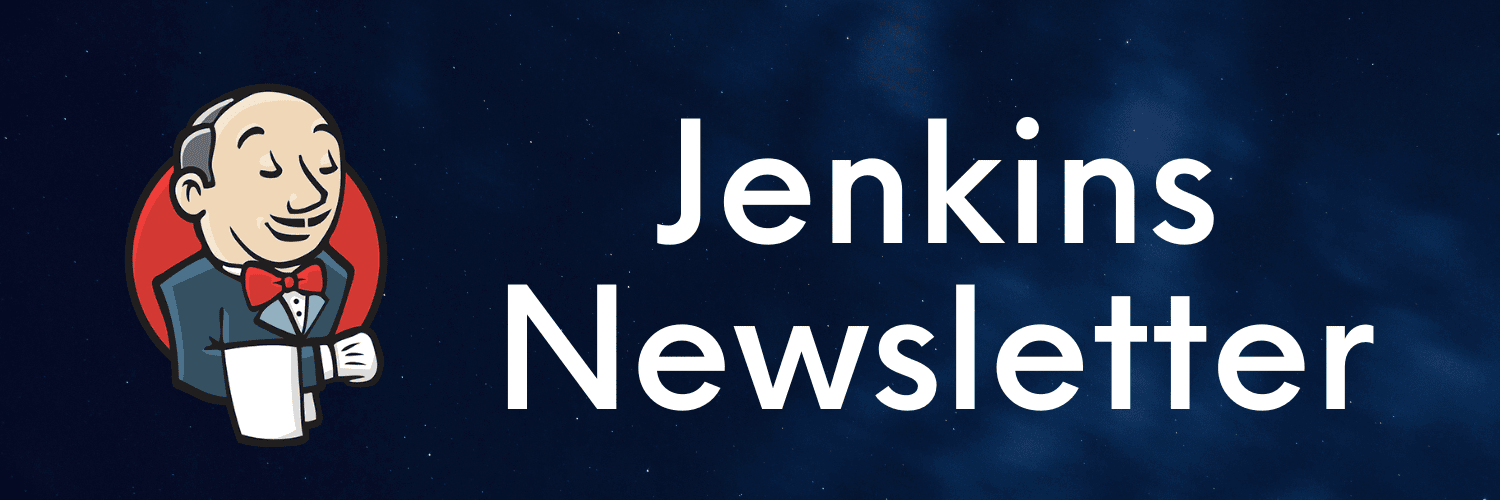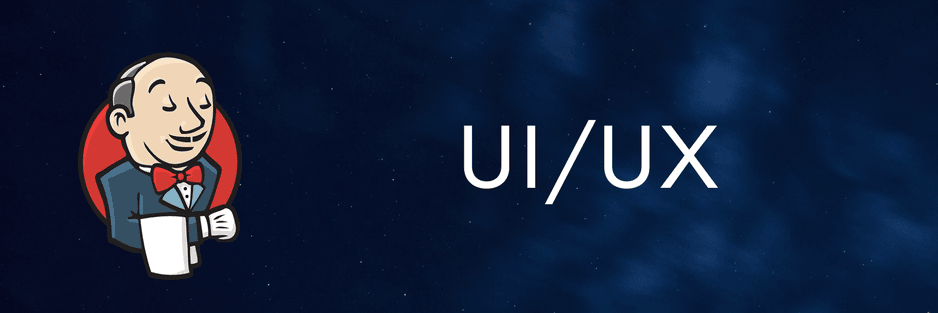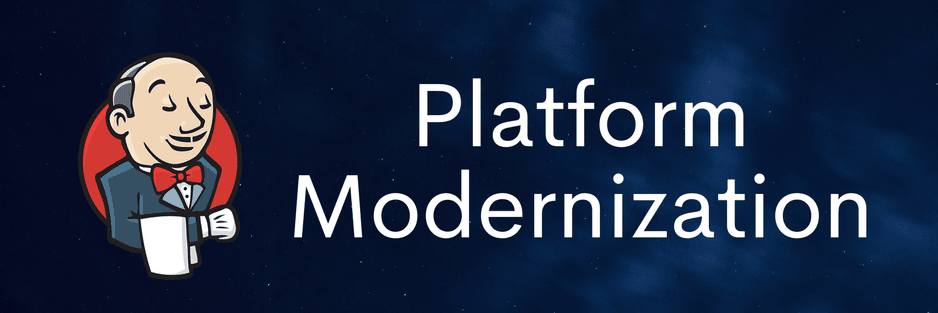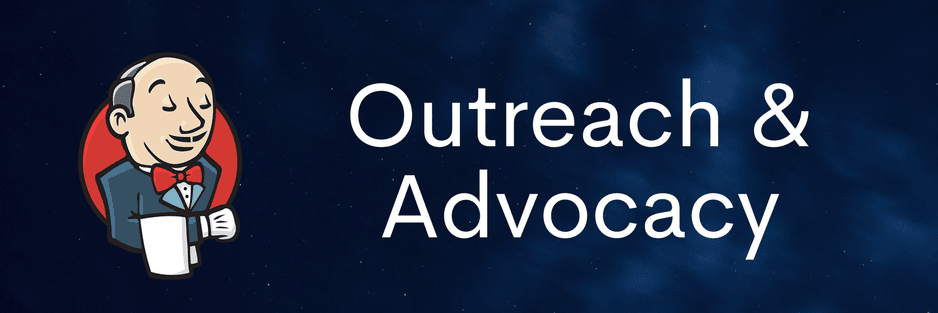Jenkins July 2023 Newsletter

Key Takeaways
-
A Jenkins Core security advisory was published on July 26
-
The official documentation has migrated to Java 17
-
Operating system end of life notifications have been added

Contributed by: Wadeck Follonier
During July, there were two Security Advisories published:
-
Plugin security advisory published on July 12
-
Multiple high-score vulnerabilities
-
A total of 16 plugins were affected
-
-
Jenkins core and plugins security advisory published on July 26
-
The highest severity is “High”
-

Contributed by: Mark Waite
-
The Jira upgrade was successful. Special thanks to the Linux Foundation for their continued support.
-
Mark Waite was elected to the CDF Governing Board as a committer representative.
-
Jenkins core continues to improve.
-
Prototype.js removal is progressing well. More details are in the tracking sheet. Thanks to Basil Crow, Tim Jacomb, and many others.
-
-
Jenkins plugins continue to improve.
-
HTMLUnit 3 upgrades are in progress. More details are in the tracking sheet. Thanks to Tim Jacomb, Basil Crow, and many others.
-

Contributed by: Damien Duportal
-
Rollout of Kubernetes
1.25. -
There was a production outage on public services (download mirrors, LDAP, etc.) which led to a public IP change. More information can be found in the post mortem blog post.
-
Jenkins LTS'
2.401.3(security release) was deployed everywhere less than 2 hours after the security advisory. -
ci.jenkins.io migrated to new (and more powerful) hardware and a new network for faster builds.
-
Windows 2022 agents reached general availability.

Contributed by: Mark Waite
-
The browser confirm dialog has been replaced with friendly modal dialogs - Markus Winter
-
Safe restart has a better user experience - Jan Meiswinkel
-
The log manager page has more improvements - Jan Faracik

Contributed by: Bruno Verachten
Several platform updates occurred throughout June:
-
Updates on Docker Images
-
Ssh-agent(releases
5.6.0,5.6.1,5.6.2,5.6.3,5.7.0):-
Tracking JDK versions for the next level of performance.
-
Bumping node alpine docker image to
18.16.1-alpine3.18. -
Bump debian from
bullseye-20230522tobullseye-20230703 -
Install Debian
ca-certificatespackage
-
-
Docker-agent (releases
3131.vf2b_b_798b_ce99-2,3131.vf2b_b_798b_ce99-3,3131.vf2b_b_798b_ce99-4)-
Windows enthusiasts, rejoice! Introducing Windows Server and Nanoserver LTSC 2022 images.
-
More efficient image building with multi-stage image for Windows Server Core.
-
Bump debian from
bullseye-20230502tobullseye-20230703 -
Bump archlinux from
base-20230430.0.146624tobase-20230702.0.161694 -
Bumping Git version on Windows to
2.41.0.windows.2
-
-
Inbound-agent (releases
3131.vf2b_b_798b_ce99-2and3131.vf2b_b_798b_ce99-3):-
Bump the parent image jenkins/agent version to
3131.vf2b_b_798b_ce99-3 -
Now allows
JENKINS_URLto be unset whenJENKINS_DIRECT_CONNECTIONis set.
-
-
Controller (releases
2.401.2,2.412,2.413,2.414and2.415):-
Keeping up-to-date with the latest Bullseye version and timezone changes.
-
-
-
Latest News
-
End of life operating systems:
-
Beginning with Jenkins
2.407, Jenkins administrators will be warned if they are running Jenkins on an operating system that is within 6 months of its end of life date. -
The operating system end of life warning has been backported to Jenkins
2.401.2after discussion in the Jenkins developer mailing list. -
The Jenkins project does not test Jenkins on operating systems that are not supported by the operating system provider.
-
We don’t support Jenkins on operating systems that are not supported by the operating system provider.
-
These last months, we’ve seen OS vendors offer extended support contracts for their systems having reached their end of life. However, the Jenkins project has not extended its Linux support policy or its Windows support policy beyond the public end of life for any of those operating systems.
-
-
-
Jenkins is transitioning from using Java 11 as the preferred version to using Java 17, which offers more functionality, speed, and development support.
-
The documentation and usage areas are being updated to reflect this change, while also clarifying that Java 11 support in Jenkins will continue.
-
-

Contributed by: Kevin Martens
Over the course of July, six different blog posts were published from nine different authors, including updates on the Google Summer of Code projects that are in progress. Thanks to all the participants for their insights and work!
The Jenkins documentation has transitioned to using Java 17 within the installation guides and other documentation areas. This issue explains some more background of the transition and what work has been completed already. A blog post was published to highlight this change and provide background for the transition. The post also encourages users to upgrade so that they can enjoy the additional features and functions that come with Java 17.

Contributed by: Alyssa Tong
Google Summer of Code projects midterm evaluations are complete!
The midterm demos were presented via the Jenkins online meetup at the beginning of July, 2023. If you missed it, refer to the blog post for the recap.
Congratulations to all four GSoC Contributors for passing this milestone!
Onward to the second half of GSoC 2023.
Happy coding!




